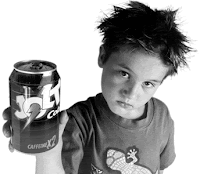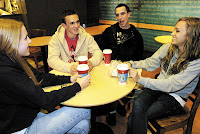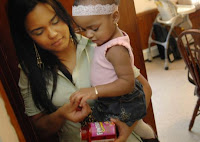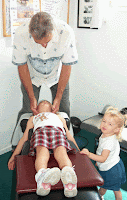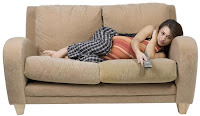Does your child drink caffeine? How young is too young to drink “the fuel?” As an ingredient to many children’s favorites from sodas to candy to ice cream, as well as many over-the-counter pain and cold medications, it behooves parents to know just how caffeine may affect your child.
According to the Nemours Foundation–a pediatric health system and research group–here are some of the ways caffeine affects a child’s body: Can cause
- nervous and jittery feelings
- an upset stomach.
- headaches.
- trouble concentrating and sleeping.
- a spike in heart rateand blood pressure
Madness, to me, is the thought of parents giving their children full-on coffee drinks as beverages. But hey, who am I to judge? If it’s no problem for you to handle a screaming, caffeine-amped maniac, then more power to ya.
Even worse, though, is the number of parents feeding their children liquid sugar. If that isn’t enough caffeine and sugar to whack them out physically and mentally, then throw in some Cap’n Crunch. Be my guest…it’s your kid. My girls won’t get caffeine before high school if we can help it, and maybe even college if it’s entirely up to me.
But it’s a tough one with caffeine and sugar permeating most popular kids’ drinks. In any case, if you are allowing your child to drink soda and coffee beverages to their juvenile hearts’ content, then don’t be surprised when they’re put on the Ritalin at school–it’s a natural progression.
